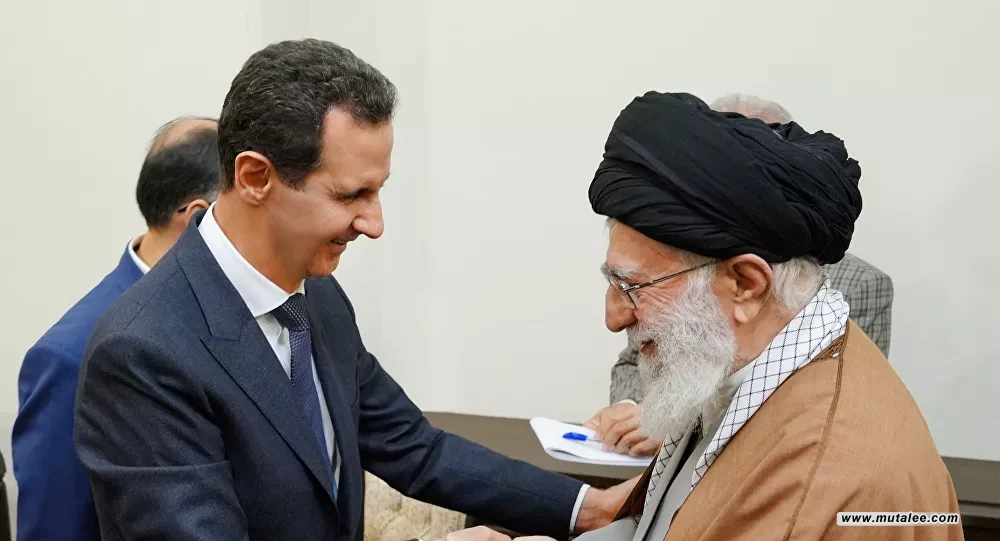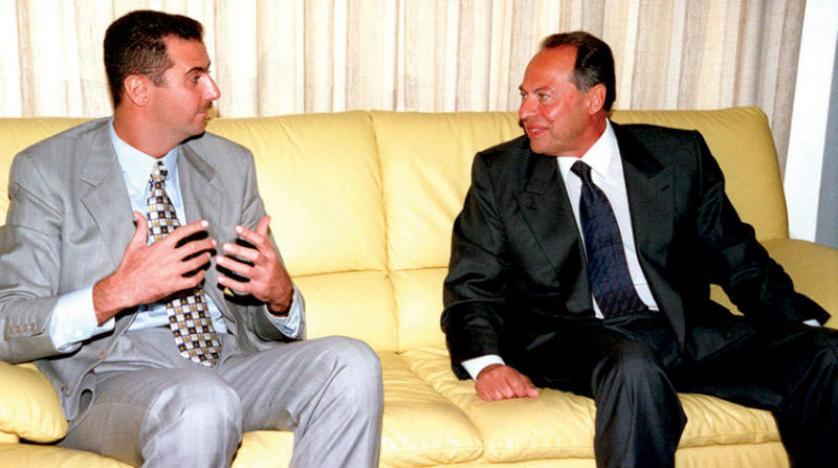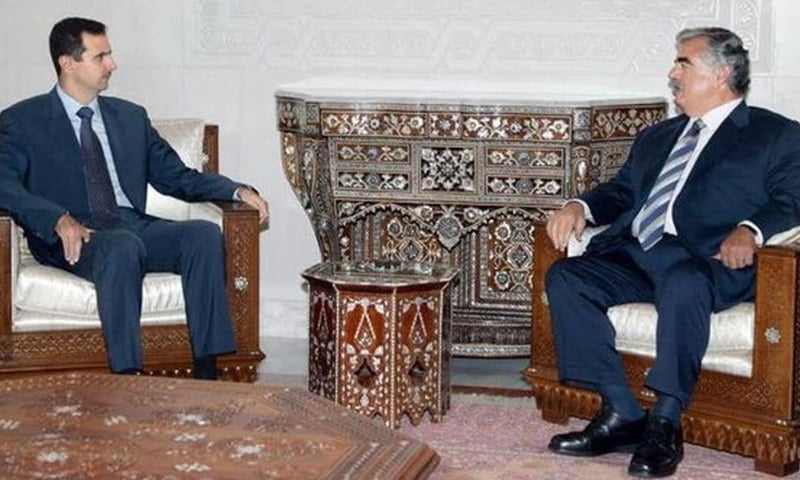Memoranda belonging to the late Syrian Vice President, Abdel Halim Khaddam, which are being published for the first time, reveal the agreement between Syrian President Bashar al-Assad, Iranian Supreme Leader Ali Khamenei, and President Mohammad Khatami in Tehran on the eve of the American war on Iraq. The memoranda, which were initiated by the newspaper “Al-Sharq Al-Awsat” on Monday, disclose chapters indicating that “President Bashar al-Assad, Supreme Leader Ali Khamenei, and President Mohammad Khatami agreed on the eve of the American war in Iraq in 2003 to prolong the war to exhaust the Americans. Khaddam mentioned in his memoirs: “The Syrian government shifted from working to overthrow the late Iraqi President Saddam Hussein to defending him, and former Prime Minister Mohammed Mustafa Miro went to Baghdad.” He delivered a speech saying, “I present to you this Damascus sword,” confirming that we are with you and that the aggression on Iraq is an aggression on Syria. Khaddam noted that “Iran, through its allies in the Iraqi opposition, was working to get rid of Saddam and his regime,” confirming that in light of those events, President Bashar al-Assad went to Tehran, accompanied by Khaddam, to unify the stance against the new and forthcoming developments in the region. According to the meeting minutes, Assad told Khatami: “If America stabilizes in Iraq, it will then move to Syria and Iran,” and Khamenei conveyed that “in order to exhaust the Americans, the war in Iraq must be prolonged.” One of the meeting minutes quoted Khatami as saying, “The decisive victory that America achieves is to shorten the war period and achieve victory in a short time, but if the duration is prolonged, America will lose, and it is enough for the bodies of American soldiers to return for the American public opinion to turn against President George Bush and his policy.” Khatami added, “There must be several goals: first, we don’t want the war to happen; second, if it does happen, we don’t want it to end quickly; third, the future of Iraq, we must work and coordinate to achieve these goals, and there must be discussions on how to deal with the opposition.” Khaddam concluded in the end of the first installment of his memoirs that everyone agreed to prolong the American war on Iraq until they become exhausted.



